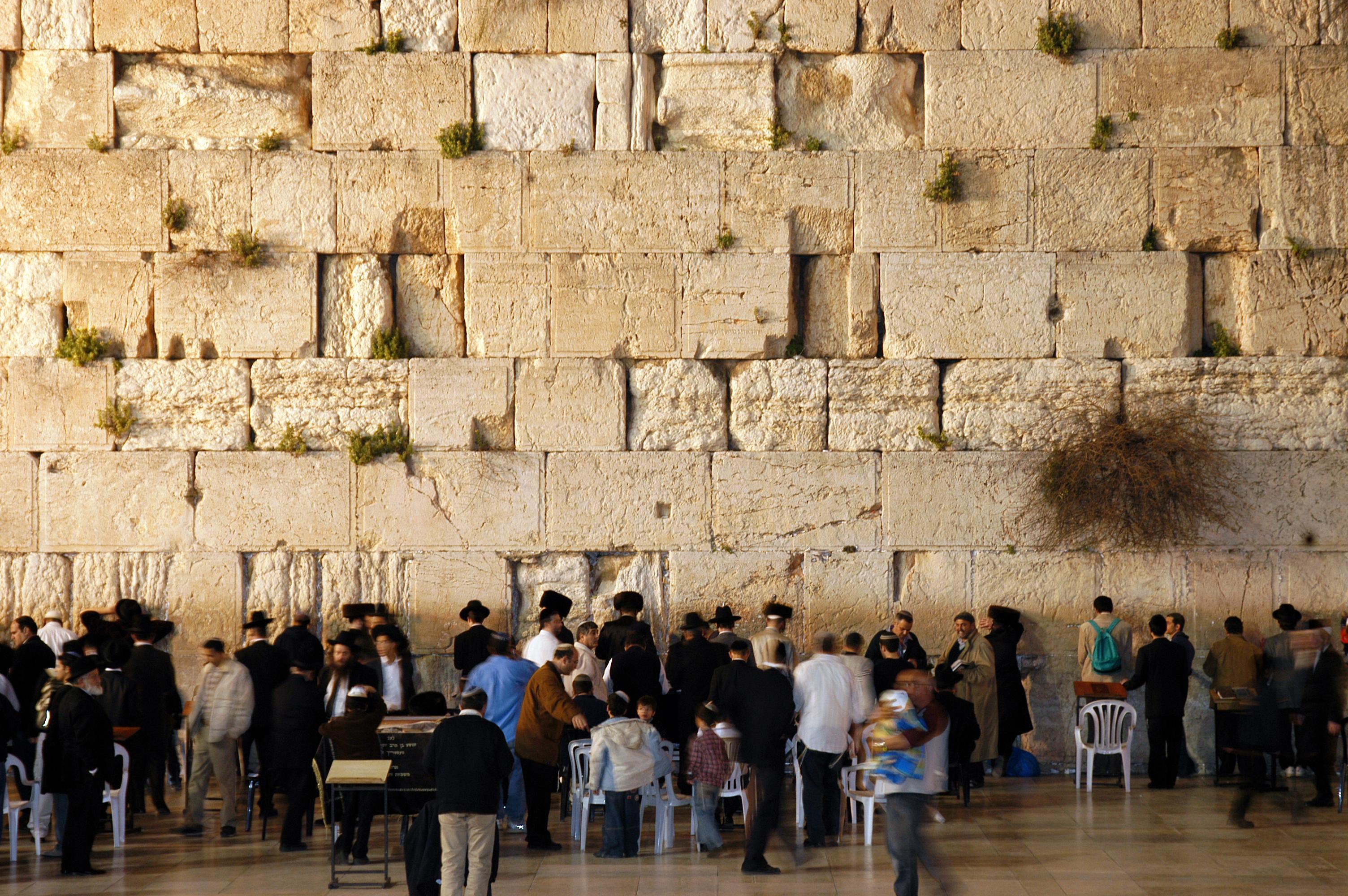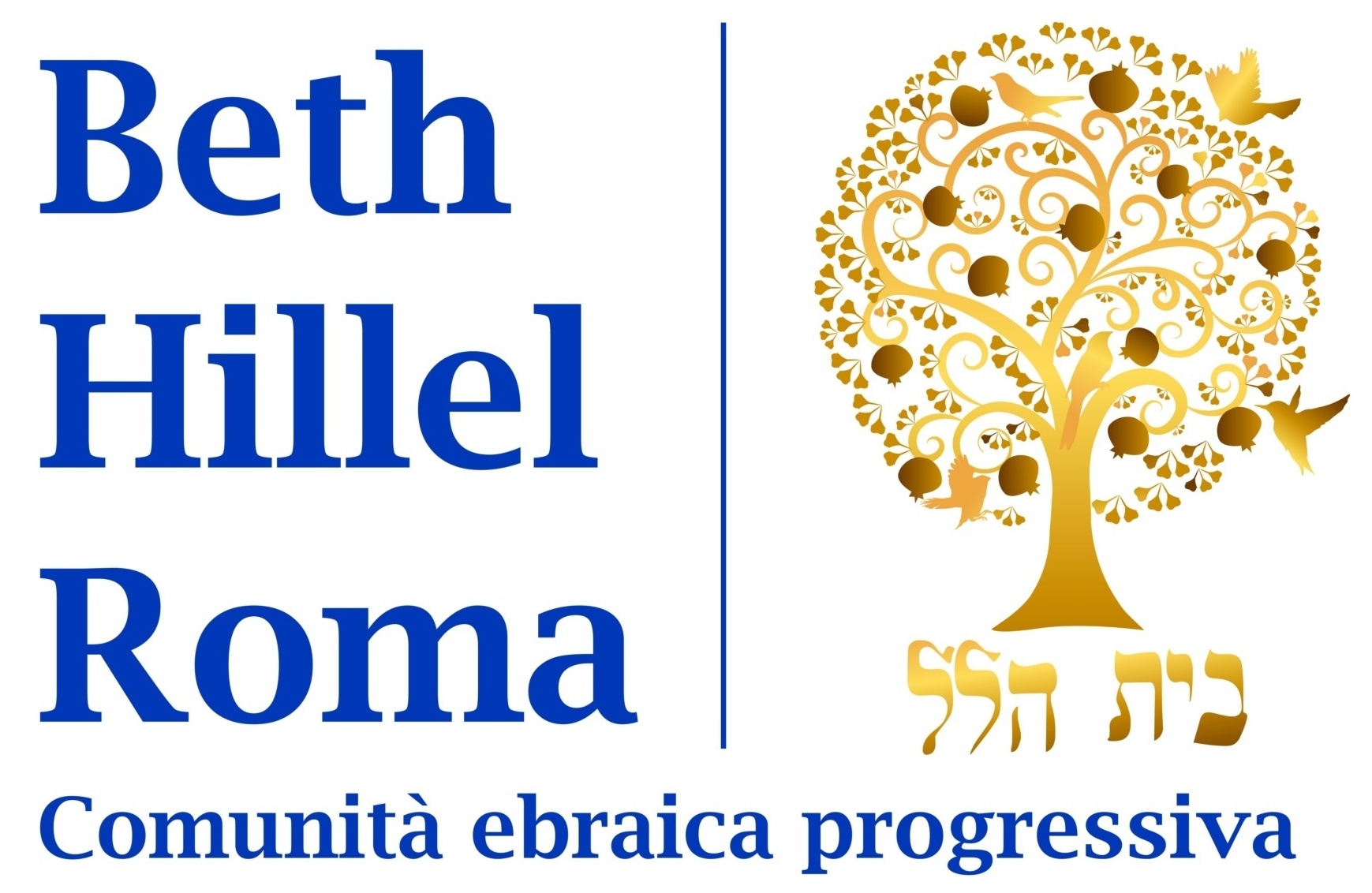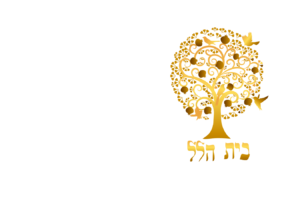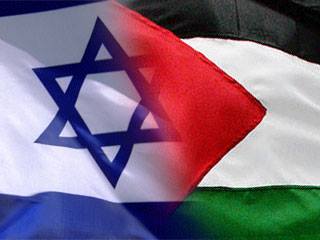Confermato il primato di Netanyahu

di Giorgio Gomel
Roma, 25 novembre 2022
Giunta alla quinta tornata elettorale in appena tre anni, Israele ha confermato il primato di Binyamin Netanyahu, premier con continuità da dodici anni, interrotta soltanto dal governo di coalizione Bennett-Lapid, al potere per poco più di un anno, nonostante le imputazioni che gravano su di lui per corruzione e abuso di fiducia. Oggetto della contesa elettorale è stato dunque anche il futuro di Netanyahu; le elezioni si sono risolte in un plebiscito sul suo conto, una distorsione delle norme di una democrazia compiuta dove se si è colpiti da un’incriminazione si è soggetti ad un processo, non ad un’elezione.
I temi cruciali per il paese – un accordo di pace con i palestinesi che soddisfi il loro diritto ad uno stato indipendente, il rispetto dello stato di diritto, il legame complesso e contorto fra religione e politica con il potere dominante delle autorità religiose in materia di diritti civili e di famiglia, le disuguaglianze socioeconomiche – sono stati largamente elusi. Solo la sinistra ebraica e i partiti arabi, pur deboli e frammentati, hanno agitato il dilemma che incombe sul futuro del paese. Per la sinistra la sconfitta è stata immane, dal 10 per cento dei suffragi nel marzo 2021 al risultato di oggi, con i laburisti che ottengono solo 4 seggi e il Meretz escluso dalla Knesset, appena al di sotto della soglia di sbarramento del 3,25 per cento. In parte i suoi elettori hanno optato per un voto strategicamente utile in favore del partito di centro Yesh Atid del premier uscente Lapid. Resta un senso di tragico sconforto nel pensare a due partiti tra i padri fondatori del paese – il Mapai e il socialista Mapam, poi fusosi circa trenta anni fa con il Ratz, partito connotatosi per la difesa dei diritti civili dando luogo al Meretz – costretti alla quasi sparizione. È fallito per ora il tentativo di alcuni intellettuali ed attivisti progressisti di concorrere elettoralmente con un partito arabo-ebraico (Kol Ezracheya, Tutti cittadini), costituitosi appena alcuni mesi or sono ed ispirato ad un’azione politico-culturale di lungo termine che trasformi la psicologia dominante nel paese dal nazionalismo “etnico” di un Israele “Stato degli ebrei” ad un’identità civile ed egualitaria dello “Stato degli israeliani”. Ma in un orizzonte di medio-lungo periodo la riscossa del centro-sinistra nel paese esige un’alleanza politica fra ebrei ed arabi per un futuro fondato su principi di eguaglianza edemocrazia.
I partiti arabi in corsa hanno ottenuto un risultato discreto: 5 seggi per il binomio Hadash-Ta’al – comunisti e nazionalisti moderati – e 5 per il Ra’am, di orientamento islamista, conservatore in materia di diritti civili e sociali e partecipe della coalizione che ha retto il paese dal marzo 2021, prima volta nella storia di Israele. Tuttavia, il sentimento di frustrazione ed esclusione della minoranza araba, che soffre di disagio economico, penuria di case e infrastrutture ed una lunga ondata di crimine, si è tradotto comunque in un forte astensionismo, ancorché in misura ridotta rispetto alle elezioni del 2021: appena il 50 per cento di quei cittadini- elettori ha votato.
Nel nuovo parlamento i partiti orientati ideologicamente a destra occupano circa 75 seggi su 120, sebbene almeno due di questi – “Israele casa nostra” di Lieberman e una parte del partito Unità nazionale, quella guidata dall’ex Likudnik Gideon Sa’ar –appartengano al fronte anti-Netanyahu e abbiano forse attratto voti di elettori spinti da questo fine comune più che dall’ideologia da loro incarnata.
La differenza in voti espressi fra il fronte pro e quello anti-Netanyahu è stata minima, appena 30.000 su oltre 4 milioni di votanti, meno dell’1 per cento del totale; l’esclusione del Meretz e di un terzo partito arabo, Balad, ambedue appena al di sotto della soglia del 3,25 per cento ha prodotto il risultato di 64 seggi per il fronte guidato da Netanyahu contro 56 per gli oppositori.
Infine, il fatto più sconvolgente è dato dagli oltre 30 seggi su 120 ottenuti dalla destra religioso-fondamentalista, metà dei seggi sui quali potrà contare un governo capeggiato da Netanyahu. Circa 40 dei 64 membri della Knesset appartenenti alla futura, possibile coalizione sono ebrei ortodossi, di cui solo 9 donne, pari al 61 per cento contro il 17 per cento circa censiti come ortodossi nelle statistiche sulla popolazione complessiva del paese. Una confluenza dunque delle correnti Haredi, un tempo fortemente antisioniste, e della destra nazional-religiosa le cui origini sono nel sionismo revisionista. Oltre ai due partiti – Shas e Ebraismo unito nella Torà – che riflettono tradizionalmente le istanze delle comunità Haredi o ultraortodosse e mirano a imporre la loro concezione teocratica del potere sul resto del paese, ha riscosso un successo eclatante la formazione detta “Sionismo religioso”. Nelle inchieste d’opinione la sua forza è maggiore fra i giovani, inclusi giovani Haredi ribelli al potere dei rebbe maggiorenti nei due partiti tradizionali. Questa formazione è, in una delle sue componenti, erede del Kach, il partito fondato da Meir Kahane, alfiere del razzismo anti-arabo, che fu escluso per tale motivo dal Parlamento sul finire negli anni ’80; predica l’espulsione non solo dei palestinesi ma anche degli arabi di Israele che non accettino un test di fedeltà allo stato, l’annessione dell’intera Cisgiordania, la discriminazione delle comunità LGBT, l’ingerenza del potere esecutivo sulla Corte Suprema e il sistema giudiziario violandone l’indipendenza e le norme dello stato di diritto cruciali in una democrazia degna di questo nome.
Una coalizione segnata dalla forza egemone di partiti integralisti sarà spinta ad agire in senso fortemente regressivo sul piano dei rapporti fra religione e stato e del pluralismo religioso. Per esempio, sulla questione delle conversioni non-ortodosse ai fini dell’acquisizione della cittadinanza israeliana, norma imposta dalla Corte Suprema nel marzo 2021, o in tema di esclusione delle donne dalla sfera pubblica, di divieto alla presenza e ai riti organizzati da soggetti non ortodossi al Muro del Pianto, di finanziamenti alle scuole ultraortodosse. Persino sulla Legge del ritorno, limitando i diritti di alyah e cittadinanza secondo quanto i partiti religiosi da tempo vanamente sostengono a coloro che hanno almeno un genitore ebreo (dal 1970 la legge è estesa a coloro che hanno un nonno o coniuge di nonno ebrei).
Come afferma il documento qui allegato, diffuso da J-Link – una rete informale di organizzazioni ebraiche progressiste nella diaspora e in Israele (www.jlinknetwork.org) – «J-Link ritiene inequivocabilmente che né Ben-Gvir né Smotrich siano adatti a ricoprire cariche pubbliche. Nominarli ministri di un governo israeliano danneggia irrimediabilmente lo status di Israele come democrazia liberale e costituisce una macchia sulla sua reputazione internazionale. Impossibile sopravvalutare, inoltre, il potenziale di violenza inutilmente provocato dalle politiche difese da questi due esponenti. J-Link, in quanto rete ebraica internazionale in Israele e nei paesi della Diaspora, chiede alle istituzioni ebraiche nei paesi del mondo di rifiutare di incontrare nelle loro comunità esponenti politici razzisti da Israele».
Israel, towards a theocratic regime?
By Giorgio Gomel (traslation fron Italian by Daniele Moscetta)
Now in its fifth round of elections in just three years, Israel has confirmed the record of Binyamin Netanyahu, Prime Minister with continuity for 12 years, interrupted only by the Bennett-Lapid coalition government in power for just over a year, despite legal charges hanging over him for corruption and breach of trust.
Therefore, the future of Netanyahu had to be also considered as the subject of the electoral contest. The elections resulted in a plebiscite on him, a distortion of the rules of a full democracy, where if you are hit by an indictment you are subject to a trial, not by an election.
The crucial issues for the country – a peace agreement with the Palestinians that satisfies their right to an independent state, respect for the rule of law, the complex and twisted link between religion and politics with the dominant power of religious authorities in matters of civil and family rights, socio-economic inequalities – have been largely evaded.
Only the Jewish left and Arab parties, however weak and fragmented, have rised the dilemma hanging over the country’s future. For the left, the defeat was huge. From March 2021 Labor’s voting results , with a 10% winn, to today’s result, obtaining only 4 seats; and Meretz excluded from the Knesset, just below the 3.25% threshold. In part, his voters opted for a strategically useful vote in favor of outgoing Prime Minister Lapid’s centrist Yesh Atid party. It remains a sense of tragic despair in thinking of two parties among the founding fathers of the country – Mapai and the socialist Mapam, then merged about thirty years ago with Ratz, a party characterized by the defense of civil rights giving rise to Meretz – forced to almost disappear.
For the time being, the attempt of some progressive intellectuals and activists to compete at the elections with an Arab-Jewish party (Kol Ezracheya, or All Citizens), created just a few months ago, and inspired by a long-term political-cultural action that should transform the present country’s dominant psychology from an “ethnic” nationalism of an Israel “State of the Jews” to a civil and egalitarian identity of the “State of the Israelis”, has failed. But on a medium to long term, the revenge of the center-left in the country requires a political alliance between Jews and Arabs for a future based on the principles of equality and democracy.
The Arab parties present in the race obtained a decent result: 5 seats for the Hadash-Ta’al binomial – communists and moderate nationalists – and 5 for the Ra’am a party of Islamist orientation, conservative in matters of civil and social rights that was in the coalition that has ruled the country since March 2021, the first time in the history of Israel. However, the feeling of frustration and exclusion of the Arab minority, which suffers from economic hardship, housing and infrastructure shortages and a long wave of crime, has nevertheless translated into a strong abstentionism, resulting in a lesser voter turnout than in the 2021 elections: only 50% of those citizen-voters voted.
In the new parliament, ideologically right-leaning parties occupy about 75 seats out of 120, although at least two of them – Lieberman’s “Israel our home” and a part of the “National Unity” party the one led by former Likudnik Gideon Sa’ar – belong to the anti-Netanyahu front and have perhaps attracted voters driven by this common goal rather than by the ideology they embodied.
The difference in votes expressed between the pro- and anti-Netanyahu sides was minimal, just 30,000 out of more than 4 million voters, less than 1% of the total; the exclusion of Meretz and a third Arab party, Balad, both just below the 3.25% threshold. resulted in 64 seats for the Netanyahu-led front against 56 for opponents. The most shocking aspect is given by the fact that more than 30 seats out of 120 has been obtained by the religious-fundamentalist right, half of the seats on which a government headed by Netanyahu can count. Aproximately 40 of the 64 Knesset members of the future coalition are Orthodox Jews, of whom only 9 are women, or 61% against about 17% counted as Orthodox in the country’s overall population statistics. Therefore, a confluence of the Haredi currents, once strongly anti-Zionist, and of the national-religious right, whose origins are in revisionist Zionism. In addition to the two parties – Shas and Judaism united in the Torah – which traditionally reflect the demands of the Haredi or ultra-Orthodox communities and aim to impose their theocratic conception of power on the rest of the country, the formation called “religious Zionism” has been a striking success.
The result from opinion polls is that its strength is greatest among young people, including young Haredi rebels in the power of the major rebbes in the two traditional parties. This formation is, in one of its components, heir of Kach, the party founded by Meir Kahane, standard-bearer of anti-Arab racism, which was excluded for this reason from Parliament at the end of the 80s; preaches the expulsion not only of Palestinians but also of Israel’s Arabs who do not accept a test of loyalty to the state, the annexation of the entire West Bank, discrimination against LGBT communities, interference by the executive branch in the Supreme Court and in the judicial system by violating their independence and the norms of the Rule of Law, that are crucial in a democracy worthy of its name.
A coalition marked by the hegemonic force of fundamentalist parties is going to act in a strong regressive way in terms of relations between religion and state and religious pluralism. For example, on the issue of non-Orthodox conversions with the purpose of acquiring Israeli citizenship, a rule imposed by the Supreme Court in March 2021, or on the subject of the exclusion of women from the public sphere, on the prohibition of the presence and rituals organized by non-Orthodox subjects at the West Bank, on funding for ultra-Orthodox schools. Even on the Law of Return, limiting the rights of alyah and citizenship according to what religious parties have long vainly claimed to those who have at least one Jewish parent (since 1970 the law has been extended to those who have a Jewish grandparent or spouse).
As stated in the attached document , released by J-Link – an informal network of progressive Jewish organizations in the Diaspora countries and Israel (www.jlinknetwork.org) – , “J-Link unequivocally believes that neither Ben-Gvir nor Smotrich are not suitable for public office. Appointing them ministers of an Israeli government irreparably damages Israel’s status as a liberal democracy and stains its international reputation. It is also impossible to estimate the potential for violence unnecessarily provoked by the policies defended by the two exponents. J-Link, as an international Jewish network in Israel and Diaspora countries, is asking to the Jewish institutions and communities that are present in countries around the world to refuse to meet racist politicians from Israel “.
Giorgio Gomel
Traduzione dall’italiano di Daniele Moscetta




